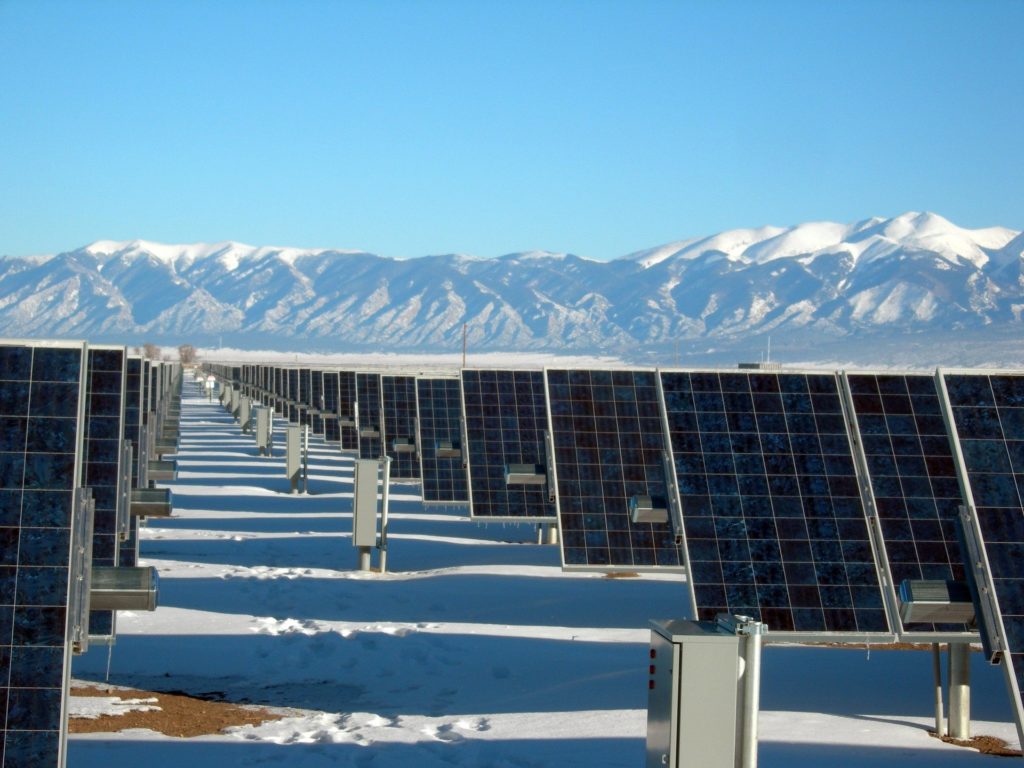You took the plunge, invested in solar panels for your home, and are reaping the benefits of saving money on your utility bills. Then the power’s knocked out at night during a storm.
Even with solar panels, homeowners remain connected to their city’s power grid in what’s called a “grid-tied” solar system. In case you didn’t know, solar panels are designed to shut down during an outage to prevent injury to utility workers repairing wires.
Now you may be wondering what the point of pricey solar panels is if they’re not going to keep your refrigerator running at all times. However, with a bit of battery assistance, solar could be the answer to protecting your home from outages.
Solar Batteries Could Hold the Power
While inverters can continue drawing electricity to your home even during a blackout, they won’t work without sunlight exposure. The key to having consistent power is adding a solar battery to your solar panel system.
Typically, when your solar panels produce more energy than is needed, the excess power transmits to the electricity grid. However, solar batteries will store the extra energy produced by your solar panels for use later on. For example, if your panels fail to make enough electricity for your home, the battery will kick in to compensate.
Homeowners that live in an area prone to outages may greatly benefit from solar batteries — and you may feel slight satisfaction when your home is the only one with electricity on the block. From an environmental standpoint, solar batteries improve your renewable energy usage in your home by stabilizing the energy reserves, as well.
Have a Backup Plan
Of course, purchasing a solar battery may come with some caveats. For starters, solar panels have a lifespan of about 25-40 years, and the batteries typically lose their efficiency after about a decade.
Additionally, solar batteries are relatively small with limited capacity to store energy. When making a purchase, be sure to consider the usable amount of power it provides to understand how much energy can be generated to power your house and for how long. The more power you use, the faster you’ll run out of stored energy.
On the other hand, solar batteries can be routed to power your appliances only, allowing you to keep them running for extended periods.
You can also buy a standby generator to power your home if you’re nervous about your solar battery’s ability to work during blackouts. Standby generators tap into a natural gas line or propane take, automatically turning on when the power goes out.
Solar Products to Keep Things Running
Even if solar batteries are worth the price, they are still costly. If purchasing a battery is out of your budget, several other solar-powered products are available to keep parts of your home greener and running during a power outage.
For example, solar motion-sensor lights and garden lamps can put your landscaping on display or jump on when there is unpredicted movement outside your home at night. A solar-powered irrigation system is also practical for keeping your lawn green and preventing it from drying up when you can’t run the water.
When the power goes out in the summertime, the heat can become unbearable. Having a solar-powered outdoor fan can do just the trick to cool you off until the power comes back on.
Growing Energy Capacities
On a broader scale, excess solar energy that makes its way to the grid positively impacts electric capacity. According to the Solar Energy Industries Association (SEIA), 43% of all new electric grid capacity came from solar in 2020.
Solar power’s additional benefits for the grid are reduced stress when the electricity demand is highest and lower costs for upgrading and maintaining transmission lines and infrastructure. By the same token, this can also help further minimize utility bills over time.
Solar: Endless Possibilities
Widespread solar power is still in its infancy. However, the possibilities are potentially endless when it comes to keeping our homes powered during outages. As new renewable technologies hit the market, homeowners will likely have more control over their energy storage and the ability to keep the lights on.
